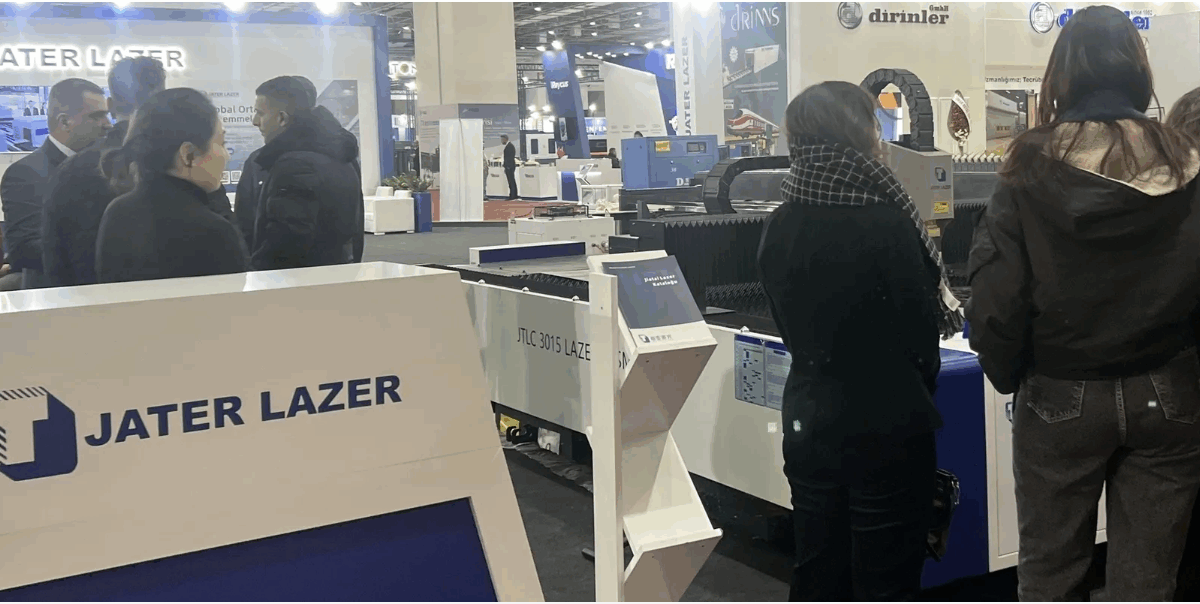- June 13, 2024
- No Comment
Cobots vs. Industrial Robots: Choosing theRight Automation for Your Business

Presented by: Infinite Robotics
In the world of automation, deciding between collaborative robots (Cobots) and Industrial Robots can significantly impact your production efficiency, safety, and overall business operations. With the increasing need for automation, understanding the differences and benefits of Cobots and Industrial Robots is crucial. Here’s a closer look at these two types of robots and why working with a reliable integrator is essential for successful implementation.
The Role of Integrators
Whether you choose a Cobot or an industrial robot, the importance of working with a trained, experienced integrator cannot be overstated. Integrators play a critical role in ensuring that your robotic system is properly installed, programmed, and maintained. Opting for local support and dealing directly with integrators rather than third or fourth-party importers or dealers ensures you receive the best service, support, and compliance with national standards.
Safety and Risk Assessment
Safety is a paramount concern for both Cobots and Industrial Robots. While Cobots are designed to be inherently safe and collaborative as standalone machines, they require a thorough risk assessment once integrated into an application with tools like welders or grippers. This assessment, conducted by a safety specialist, ensures compliance with national safety standards and guarantees a secure working environment.
Cobots: Easy, Affordable, and Flexible
Cobots are celebrated for their ease of use and quick implementation. They are portable and can be moved around the shop floor with minimal hassle. Cobots typically involve a lower initial investment compared to Industrial Robots, making them an attractive option for businesses looking to dip their toes into automation without a substantial financial commitment.
Key advantages of Cobots include:
Ease of Use: Cobots are designed to be user-friendly, with intuitive programming that even those new to robotics can quickly learn.
Portability: Their lightweight design allows Cobots to be easily relocated and reconfigured for different tasks.
Safety: Cobots operate at slower speeds, making them safer to work alongside humans without extensive safety barriers. FANUC Software Integration: FANUC Cobots come with FANUC software, ensuring seamless integration and advanced features without the need for third-party development or costly subscription fees.
However, Cobots do come with limitations:
Payload and Reach: Cobots have limited payload capacities and reach, which can restrict their use to smaller, lighter components.
Speed: Cobots move slower than Industrial Robots, which can affect throughput and productivity in high-speed applications.
Application Limitations: While linear tracks and welding positioners are available, they are limited in size, speed, and payload capacity. Additional safety guarding may also be required if tracks and positioners are used so it meets safety regulations.
Industrial Robots: Power and Productivity
Industrial Robots are typically a larger initial investment but offer significant advantages in terms of speed, reach, and payload capacity. These robots are built for high-speed operations and can handle a wider range of applications, from small components to large, heavy parts.
Key benefits of Industrial Robots include:
High Throughput: With their ability to move much faster than Cobots, Industrial Robots significantly boost productivity and throughput.
Versatility: Industrial Robots come in a variety of sizes and payload capacities, making them suitable for a broader range of applications.
Enhanced Features: Linear tracks and welding positioners are available in any size and payload to suit specific needs, further improving productivity.
Robust Training and Support: Although they can be more challenging to learn for new users, reliable integrators offer comprehensive training and support.
Industrial Robots are ideal for businesses with demanding automation needs that require handling large or heavy components at high speeds. Their versatility and robust capabilities make them a valuable asset for scaling operations and increasing efficiency.
Making the Right Choice
Choosing between a Cobots and an industrial robot depends on your specific application needs, budget, and desired level of automation. Cobots are perfect for businesses looking for a flexible, cost-effective entry into automation, while Industrial Robots are suited for those needing high-speed, high-capacity solutions.
Working with a trusted integrator ensures that your automation journey is smooth, safe, and tailored to your unique requirements. By understanding the strengths and limitations of both Cobots and Industrial Robots, you can make an informed decision that drives your business forward.




